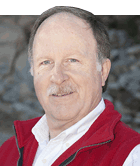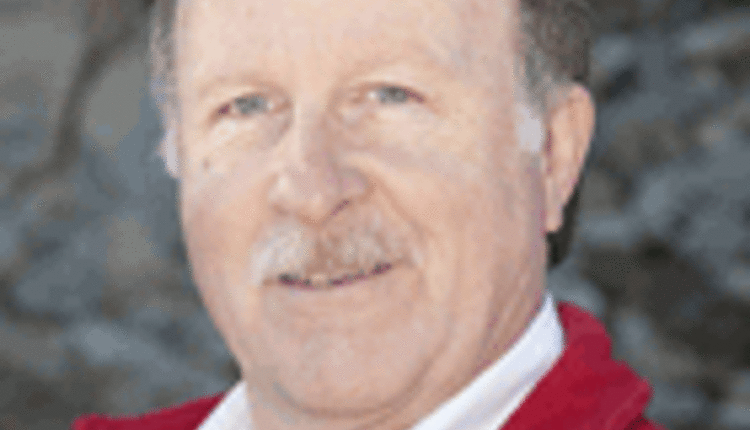Farm milk prices in the U.S. have somehow and so far managed to defy the gravitational pull of rising production and falling international dairy product prices. But not in Europe, where changes in global supply and demand are being felt by producers much quicker.
U.S. Class III prices, which will likely peak at an all-time high of around $25 per hundredweight for October milk, are in sharp contrast to those throughout the European Union (EU), which have already begun to dip. Ours aren't expected to start falling until November and are forecast to stay below $18 for at least part of 2015.
According to Britain's DairyCo, a checkoff-funded producer organization similar to Dairy Management Inc. in the U.S., farm prices in the EU are being dragged down by higher production, export giant New Zealand starting its spring flush, a slowdown of imports into China, and local surpluses of finished products caused by Russia's ban on imports from western countries. It's a situation the U.S. will also be in soon.
DairyCo said average weighted farm price in July across all 28 EU member nations was the equivalent of $21.53 per hundredweight. The average was $21.31 in the five largest milk producing countries (Germany, France, United Kingdom (UK), Netherlands and Poland), and $22.51 in the UK alone. Prices in the UK have dropped 7 percent so far this year.
Price cuts tend to be led by direct-ship agreement buyers that account for a majority of farm milk sales in many countries. Production was up 4.1 percent across the EU in June over the previous year, and the UK was up 6.9 percent in August.
The increases are attributed to EU dairies gearing up for mandatory production quotas that began in 1984 and will end in April 2015, allowing producers to increase cow numbers if they want. UK dairy farmers, for instance, have increased cow numbers by 30,000 head (2.6 percent) in the first half of 2014, the biggest increase since quotas were imposed.

The author has served large Western dairy readers for the past 37 years and manages Hoard's WEST, a publication written specifically for Western herds. He is a graduate of Cal Poly-San Luis Obispo, majored in journalism and is known as a Western dairying specialist.
U.S. Class III prices, which will likely peak at an all-time high of around $25 per hundredweight for October milk, are in sharp contrast to those throughout the European Union (EU), which have already begun to dip. Ours aren't expected to start falling until November and are forecast to stay below $18 for at least part of 2015.
According to Britain's DairyCo, a checkoff-funded producer organization similar to Dairy Management Inc. in the U.S., farm prices in the EU are being dragged down by higher production, export giant New Zealand starting its spring flush, a slowdown of imports into China, and local surpluses of finished products caused by Russia's ban on imports from western countries. It's a situation the U.S. will also be in soon.
DairyCo said average weighted farm price in July across all 28 EU member nations was the equivalent of $21.53 per hundredweight. The average was $21.31 in the five largest milk producing countries (Germany, France, United Kingdom (UK), Netherlands and Poland), and $22.51 in the UK alone. Prices in the UK have dropped 7 percent so far this year.
Price cuts tend to be led by direct-ship agreement buyers that account for a majority of farm milk sales in many countries. Production was up 4.1 percent across the EU in June over the previous year, and the UK was up 6.9 percent in August.
The increases are attributed to EU dairies gearing up for mandatory production quotas that began in 1984 and will end in April 2015, allowing producers to increase cow numbers if they want. UK dairy farmers, for instance, have increased cow numbers by 30,000 head (2.6 percent) in the first half of 2014, the biggest increase since quotas were imposed.

The author has served large Western dairy readers for the past 37 years and manages Hoard's WEST, a publication written specifically for Western herds. He is a graduate of Cal Poly-San Luis Obispo, majored in journalism and is known as a Western dairying specialist.







